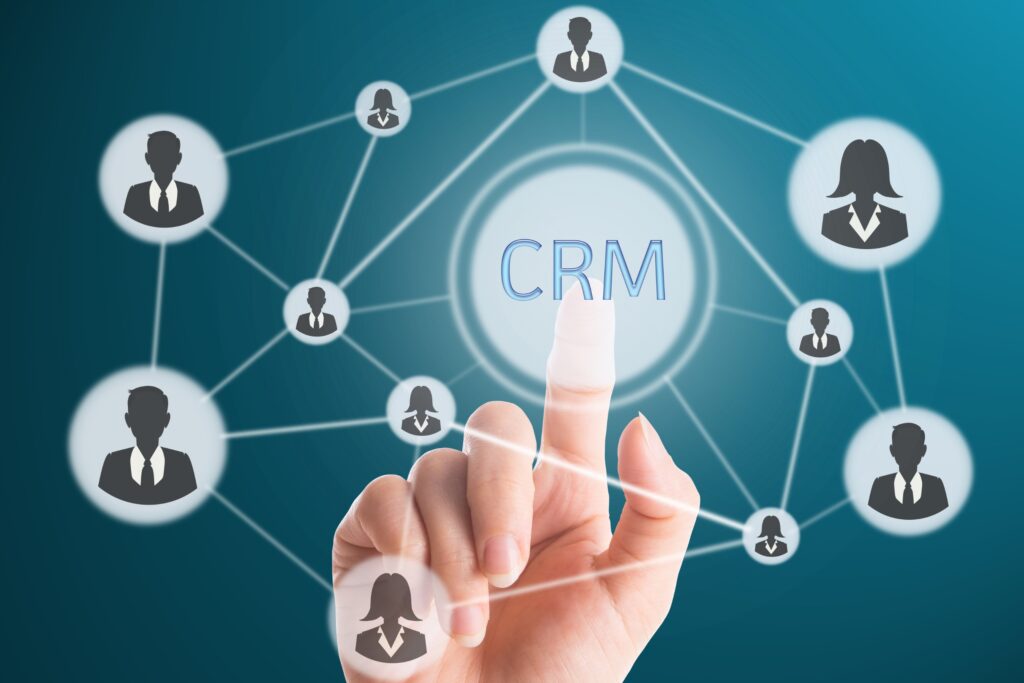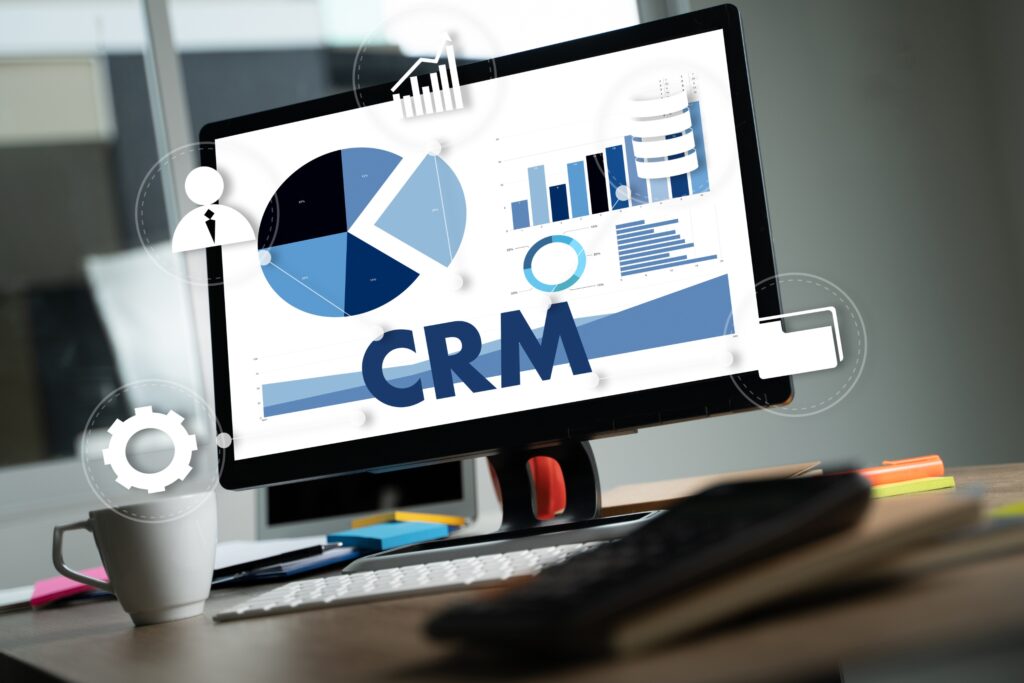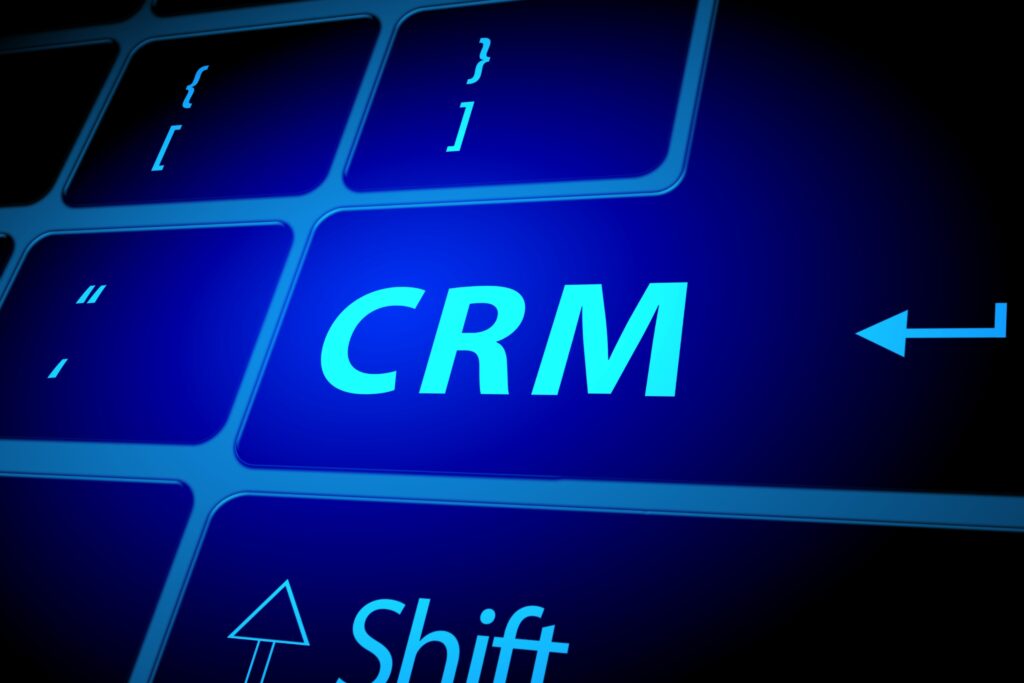
Why Industry-Specific CRMs Outperform General Ones
When it comes to customer relationship management, not every tool is the same. Generic CRMs are made to work with a lot of different industries, but they don’t always solve the problems that HVAC businesses have. As the owner of an HVAC business, you have to handle pressing service calls, schedule field workers, send prices on the spot, and often get feedback from customers in real time. Generic systems may have a lot of features, but they don’t have the specific tools that are needed to handle these fast-paced processes well.
On the other hand, an HVAC CRM system is designed to meet these specific needs. On one platform, you can collect leads, schedule tasks, send emails, set notes, automate reviews, and make reports. Businesses don’t have to try to change a general tool to fit HVAC operations; instead, they can use a solution that already knows how the industry works. So, there are fewer ways to get around problems, work flows are easier, and people can spend more time helping customers instead of handling software.
The 3 Gaps Generic CRMs Fail At: Scheduling, Routing, Automation
It is very easy to see how HVAC CRMs are different from other systems when you look at how they handle three important areas: scheduling, routes, and automation. When HVAC companies try to put a general answer into their processes, these gaps often get in the way.
Scheduling is what keeps an HVAC business going. Often with little warning, jobs need to be booked quickly and well. Most generic CRMs treat schedules like a simple calendar event. This works for sales calls but not for managing multiple techs in different service sites. On the other hand, HVAC CRMs have built-in scheduling systems that make it easy for office teams to give tasks, keep track of availability, and make changes in real time.
Routing is also a big problem. HVAC companies need to make sure that their workers can get to job places as quickly as possible. Most generic CRMs don’t have tools for optimizing routes or field work, so businesses have to use third-party apps or do everything by hand. Routing is built right into HVAC CRMs, which lets dispatchers plan the best ways to cut down on journey time and boost reaction times.
One area where HVAC CRMs really shine is in Automation. A lot of generic CRMs have basic email routines, but they don’t have automations built in that are specific to service-based tasks. HVAC CRMs like GoHighLevel can send schedule notices, follow-up calls, and review requests on their own, so staff doesn’t have to do anything. These automations make sure that contact stays constant and help make sure that leads don’t get lost.
HVAC Workflow Breakdown
An HVAC company works very differently from a normal sales team that works out of an office. As the HVAC business grows, it’s busy every day. A lot of people call, ask for emergency repairs, maintenance visits, and new customer questions. Every event needs to be quickly written down, sorted, and dealt with.
This is the kind of place where a GoHighLevel HVAC CRM is meant to work, where things are always changing. You can get leads, buy jobs, find experts, and follow up all in one process that works well with itself. As soon as a new lead comes in, it is added to the queue and marked with the source. After that, there is a text reply confirming receipt. Then, the office staff can use the same tool to send the job, book a worker, and start a review request.
That being said, if you use a general CRM for the same job, you might need to use more than one tool: one for planning, another for writing follow-up emails, a third for keeping track of things, and maybe even a fourth for getting reviews. It’s easier to make mistakes and take longer to respond with this method, which can hurt both customer satisfaction and sales.
Comparison: GoHighLevel vs HubSpot / Zoho / Pipedrive
It can help to compare GoHighLevel to well-known CRM systems like HubSpot, Zoho, and Pipedrive in order to better understand the difference. A lot of people use these tools for marketing and sales, but HVAC workers need something very different.
When it comes to direct marketing and sales automation, HubSpot works great. However, it needs a lot of work to be able to handle real-time alerts, service plans, and worker routes. I have no question that it’s strong, but it was made for lead care, not field operations.
It’s easy to use, and Zoho CRM has a lot of different apps. There are, however, a lot of parts that make it hard for HVAC companies that need easy processes that focus on service. Integrations with outside apps are often needed to send emails, get reviews, and set up alerts to go off automatically.
People like Pipedrive because it makes it easy to keep track of sales leads, but it’s not really good for providing services. HVAC companies often use other tools because it doesn’t have built-in scheduling and programming tools, even though it looks nice because it’s easy.
On the other hand, GoHighLevel has all of these things in one place: marketing automation, lead management, scheduling, routes, and picture management. That way, HVAC businesses can keep track of jobs they do over and over, respond quickly to leads, and keep their plans full without having to connect three or more platforms.

Verdict – HVAC CRMs Are Purpose-Built for Growth
You should think about whether you want to change your business to fit the software or choose software that changes to fit your business if you have to choose between the hvac crm vs crm software platform. You can get a lot out of generic CRMs, but to get the same results as HVAC CRM software right out of the box, you need to hack, add, and change a lot of things
HVAC CRMs, like GoHighLevel, are made to work with the way service-based businesses do things. They fill in the blanks in terms of routes, schedules, and automation, giving HVAC companies the tools they need to do better and grow faster. Business owners don’t have to deal with a bunch of different apps; instead, they can use a single tool that does everything, from gathering leads to gathering reviews.
You should buy a specialized CRM if you want your HVAC business to grow and provide excellent customer service. It’s not just a convenience; it’s also a smart move.
To see this in action, try GoHighLevel — the all-in-one HVAC CRM.

